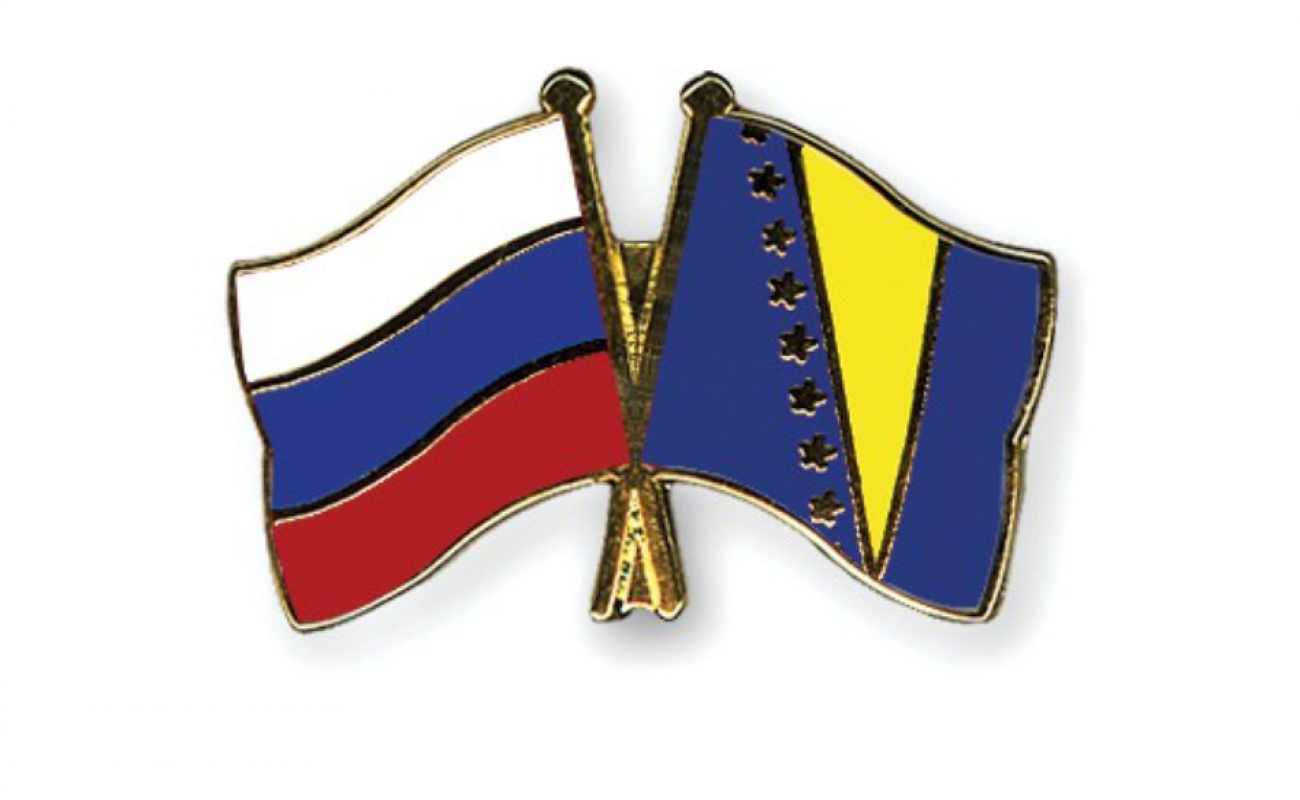Russian Influence in Bosnia and Herzegovina: A Media Offensive Against the Interests of the State

The analysis of the Friedrich Naumann Foundation for Freedom accurately identifies the media in Bosnia and Herzegovina through which official Russia exerts a direct influence on the security, political, cultural, social and economic conditions in Bosnia and Herzegovina. At the center of Russian propaganda in the region and our country is the Serbian edition of the Russian foreign edition of "Sputnik".
Although the analysis "Russian Media in the Balkans - A Case Study: How Moscow Propaganda Affects Serbia" focuses on neighboring Serbia, it gives us insight into several undeniable facts when it comes to Bosnia and Herzegovina.
Support for Milorad Dodik, opponents of the "puppet of the West"
Investments in the Russian propaganda machinery are not insignificant. Thus, the analysis states that Russia spends a lot of effort and money to prove its alleged fraternal friendship with the Serbs over and over again.
The foreign branch of the Russian agency Sputnik, which was founded in 2014 by the decree of Russian President Vladimir Putin, started its work in Serbia a year after its founding. Although Sputnik is the only editorial office in the Balkans, its texts and videos are also used by neighboring countries.
Sputnik pays special attention to Bosnia and Herzegovina. Recent research has shown that Sputnik Serbia unilaterally supports Bosnian Serb leader Milorad Dodik and portrays his political opponents as puppets of the West. Various conspiracy theories are spreading that Washington and Brussels in Republika Srpska want to encourage a "colored" or "colorful revolution" modeled on Ukraine or northern Macedonia.
It fuels intra-Bosnian national conflicts
According to these analyzes, Sputnik, in close cooperation with RTRS, the Srna news agency and the ATV TV station, among others, is working to spread unilateral content in favor of Dodik and his ruling SNSD party or to the detriment of the opposition and all leading national parties and top politicians. nationwide.
Sputnik regularly offers Dodik a platform, thus fueling intra-Bosnian national conflicts over and over again, according to the analysis.
Similar to reporting on Serbia, Sputnik in Bosnia and Herzegovina provides instructions for the actions of Serbs in BiH. Serbian law professor Darko Tanaskovic was allowed to propose in detail a strategy on how to oppose internationally proven genocide against Bosniaks committed by Serb soldiers and volunteers.
A common thread runs through Sputnik's entire reporting: conflicts between the already divided Balkan countries are fueled by the intensification of pre-existing antagonisms and animosities.
The conclusion of the analysis states that Russia is brilliantly playing on the field of soft instruments of power in order to win the hearts of Serbs.
"If one wants to oppose this influence, one must play their 'game,'" according to an analysis by the Friedrich Naumann Foundation for Freedom.
